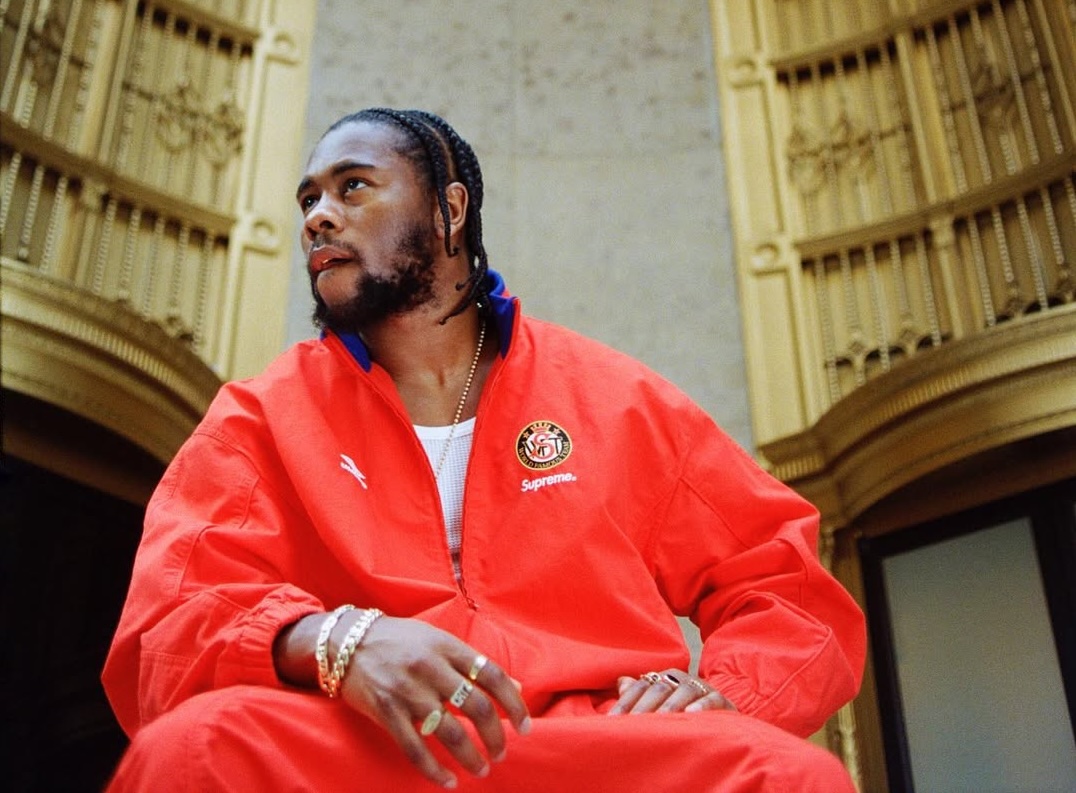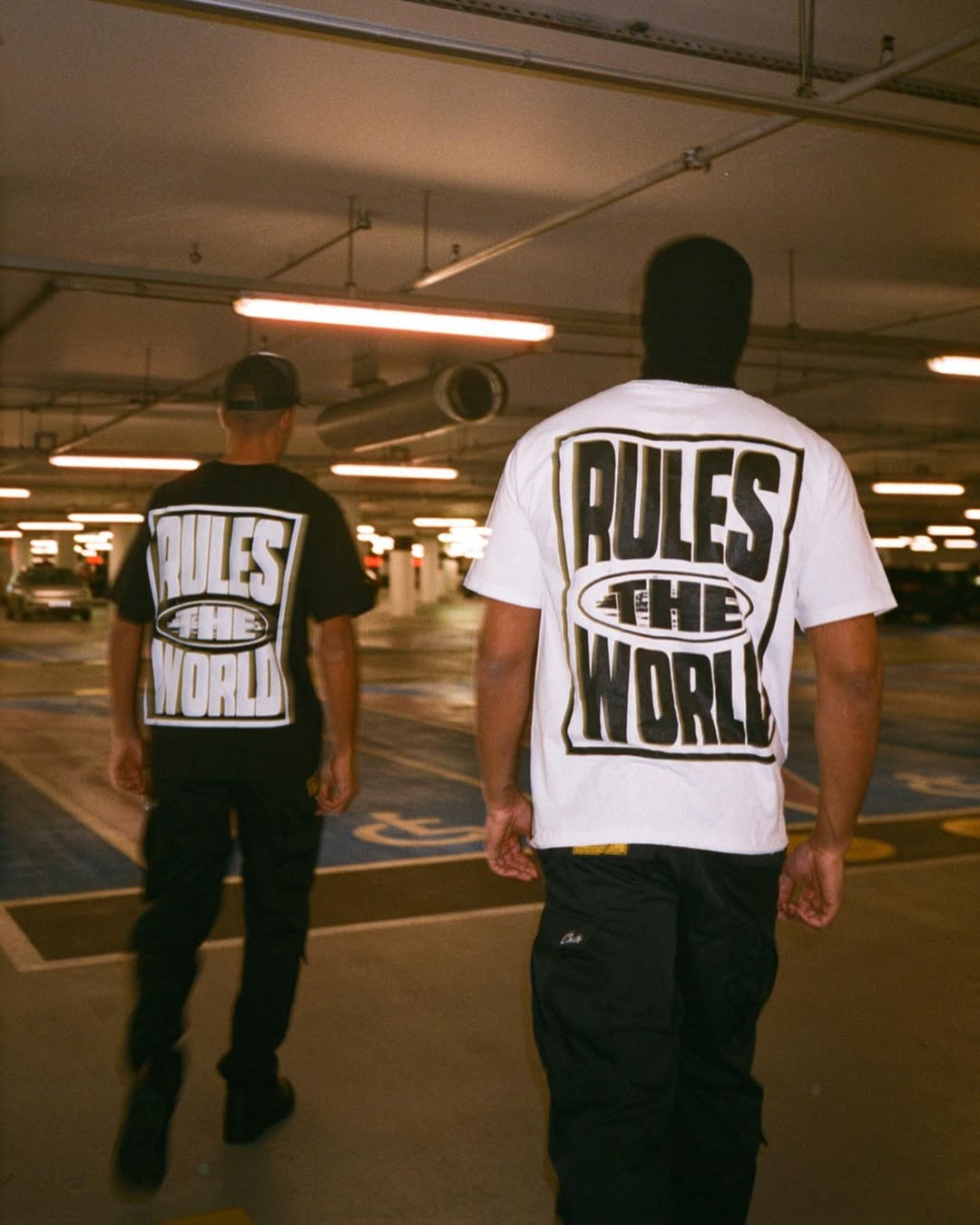
From London streets to global stages, Clint 419 built Corteiz into a world of rebellion, culture, and community.
From London streets to global stages, Clint 419 built Corteiz into a world of rebellion, culture, and community.
In streetwear, Corteiz is more than a label, it’s a world. Founded in 2017 by the enigmatic British-Nigerian creative known as Clint 419, summering under the mantra “Rules The World”, this London-born brand has become a boundary-pushing force in global street culture. From password-protected drops to pop-up spectacles, Corteiz continuously defies fashion convention, and what follows reveals how exactly the rebellion spreads.

Clint’s Nigerian heritage has always been infused with his north-west London upbringing, grounding Corteiz in lived, hybrid identity. The brand’s Alcatraz logo: a symbol of defiance; echoes its anti-establishment spirit and quickly became iconic during the pandemic-fueled rise through socially charged lockdown streetwear culture.
From the start, Corteiz leaned into scarcity. Password-guarded sites, vanished drops, and “real-life-only” releases built urgent demand, creating mythic cachet among inner-city youth. Clint himself blurred the line between founder and folklore, cultivating a persona as mythologized as the brand he built.
He kept a close circle of creatives: Kwollem, Slawn, Walid Labri, Gabriel Moses; working and rising together as a creative collective. Their synergy amplified CRTZ’s cultural weight, turning friends into indispensable nodes of hype and credibility.
Corteiz didn’t just gain attention; it earned legitimacy through peers aligned in culture. Hype figures like Skepta, Jorja Smith, Dave, Virgil Abloh, and Giggs tapped into the brand early, each co-sign expanding CRTZ’s authenticity across music and fashion scenes.
In 2023, Corteiz’s collab with Nike on three Air Max 95 colorways, “Gutta Green,” “Pink Beam,” and “Aegean Storm”, pushed CRTZ beyond London. Drop events in New York and Paris proved the brand could electrify global sneaker culture, not just UK streets.
An instant classic, it validated what the brand had always aimed for: global cultural relevance through rooted identity.
Corteiz doesn’t sell clothes; it stages experiences. Cloaked in cinematic energy, its campaigns bring culture to life:
These exchanges aren’t retail, they’re ritual. They also had other campaigns like the crossbar challenge, cortiez world rally featuring skepta and so much more.
At its core, Corteiz remains grounded in the staples of UK streetwear. Hoodies, sweats, tees, “bolo” jackets, and balaclavas, each marked by bold prints and the Alcatraz emblem, serve as a visual language readersfluently interpret as rebellion, belonging, identity.
Announcements on Corteiz are never maps; they’re riddles. Followers wake to cryptic coordinate reveals, a siren call for a pop-up moments away. These are gatherings, not sales.
In summer 2025, Corteiz took its blueprint to America, bringing immersive pop-up experiences to four major cities—LA, DC, NYC, and Atlanta—each tailored to local identity:
Each pop-up was a reframing: not just selling product, but transplanting the Corteiz world into new locales with local DNA.
Clint and Corteiz prove that streetwear isn’t just fashion, it’s experience engineering. Their formula? Radical exclusivity, mythic storytelling, community as infrastructure, and pop-ups as living performances.
For creators and brands, the lesson is clear: build worlds, not wardrobes. In a culture starved of authenticity, Corteiz teaches that rebellion born from identity will always rule.

Comments